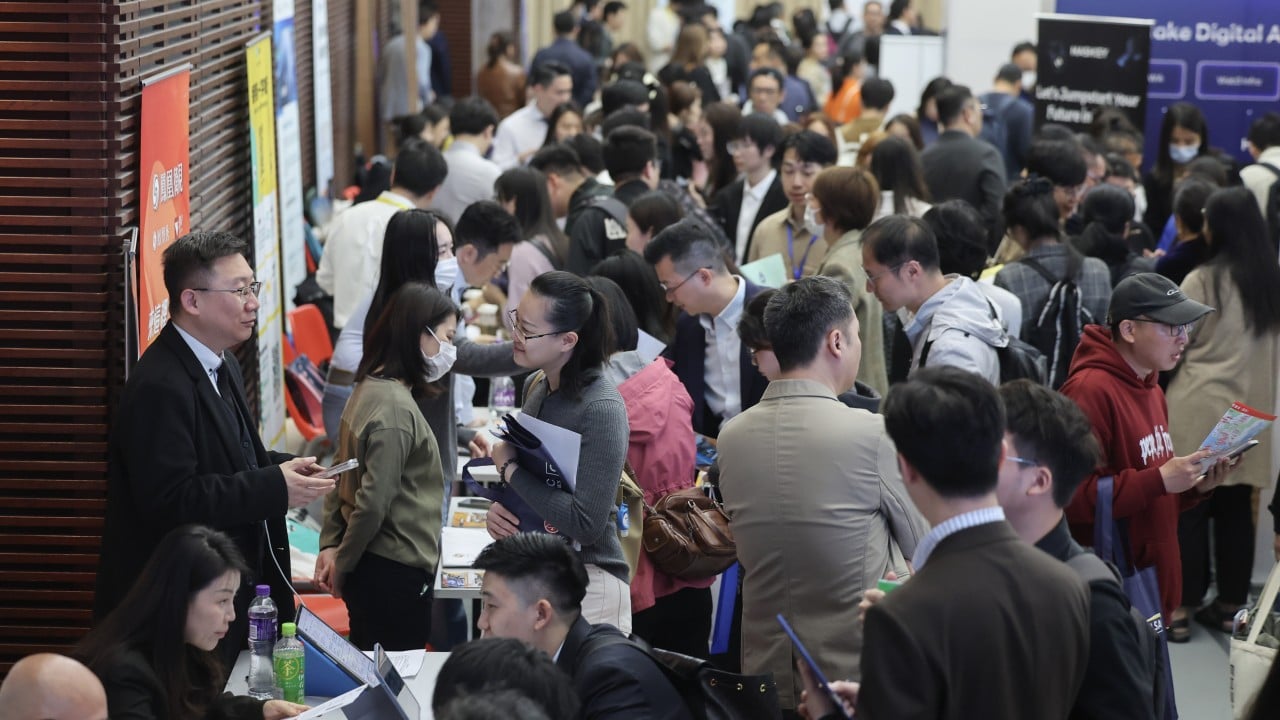Since its launch late in 2022, the Top Talent Pass Scheme has become a central component of Hong Kong’s global competitiveness strategy. By July this year, the scheme had attracted close to 140,000 applications. Of these, around 110,000 were approved, resulting in more than 90,000 new arrivals to the city. This influx of skilled residents is a sign that Hong Kong remains a strong magnet for talent.
Advertisement
However, as former chief executive Leung Chun-ying and other commentators have warned, the real test lies beyond the headline figures for applications and approvals – in how transparent the system is and whether newcomers are staying and truly integrating.
The latest visa renewal figures emphasise the importance of this issue. As of July 31, 13,678 top talent visas had expired. About 54 per cent of these visa holders applied for renewal, meaning 46 per cent either were not renewing their visas or had already left Hong Kong.
While these figures compare reasonably well with those for other global talent schemes, they mask a deeper issue: many entrants leave quickly or perhaps never intended to stay, highlighting a gap between government ambition and the reality of long-term integration.
Renewal rates vary significantly across categories. Category A, consisting of those who earned HK$2.5 million a year, has a renewal rate of 77 per cent. Category B, consisting of graduates with at least three years of work experience, has a renewal rate of 50 per cent. For Category C, among recent graduates who have worked less than three years, the figure drops to 40 per cent. The discrepancy highlights the struggle to find suitable jobs, as skills may not meet market demand. Hong Kong needs to better align entrants with the labour market.
Advertisement
Leung also noted that private housing occupancy numbers showed little sustained growth despite the influx of talent, raising doubts about long-term relocation plans. Some may only stay long enough to obtain Hong Kong identity cards, which offer limited residency rights, subsidised healthcare and free schooling. However, dependant children wishing to apply for subsidised university places for 2028-29 and beyond will need to have lived here for two years.

